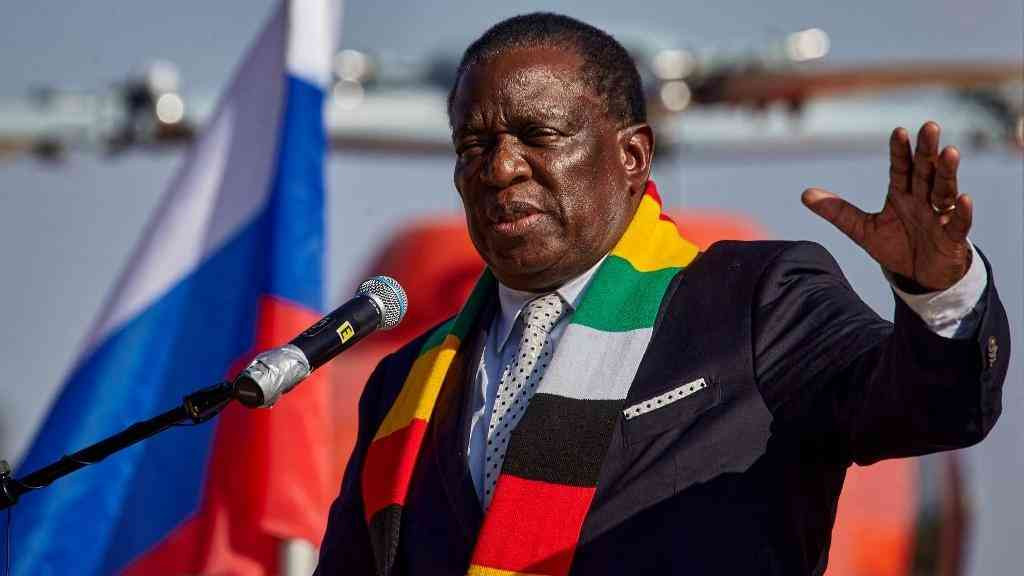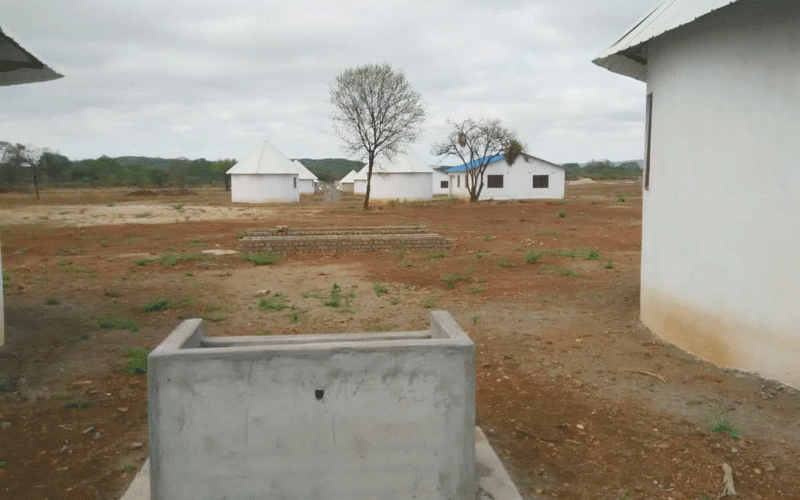
CORRUPTION has reached alarming levels, threatening efforts to turnaround the economy and develop the country, experts have warned.
BY OUR STAFF
International anti-corruption watchdog, Transparency International (TI) last week painted a gloomy picture of Zimbabwe, saying it was one of the most corrupt countries in the world.
In its 2013 Corruption Perception Index (CPI) launched Tuesday, TI said Zimbabwe was ranked 157 out of the 177 assessed nations, making the country the most corrupt in the Sadc region.
The country scored 21 points out of 100, an indication of high cases of corruption.
Last year, the country scored 20 points.
The creation of the Zimbabwe Anti-Corruption Commission (Zacc) in 2011 was welcomed by citizens who hoped that the watchdog would curb graft, especially in the public offices.
But the organisation is being hamstrung by lack of political will which has resulted in bigwigs fingered in corruption going scot free. Transparency International Zimbabwe (TI-Z) director, Mary-Jane Ncube said the corruption indicators showed that the country was not improving in terms of curbing corruption.
- Chamisa under fire over US$120K donation
- Mavhunga puts DeMbare into Chibuku quarterfinals
- Pension funds bet on Cabora Bassa oilfields
- Councils defy govt fire tender directive
Keep Reading
She said cases of bribery involving public officials and illicit financial flows were prevalent in the country.
“This is worrisome given that we are a country whose economy is trying to grow from a decade long of economic decline,” said Ncube on the sidelines of the 2013 corruption perception index launch. “Corruption discourages foreign direct investment and as a country which wants investors this is not healthy.”
TIZ has since established a mobile phone short messages platform to enable the public to report cases of corruption.
Ncube said the platform had recorded huge volumes of reports of corruption from the public, meaning that people wanted corruption to be nipped in the bud. She said the reports were being forwarded to the Police and Zacc but people were not seeing the desired results.
“As an organisation which is not allowed by law to investigate or to represent people in the courts of law, we will also be waiting for the Police and the Anti-Corruption Commission to act on these cases,” said the TI-Z boss. “But the bottom line is people end up being frustrated because no action will have been taken on the reported cases.”
A social commentator, Nicholas Ndawana believes poor remunerations for civil servants — including the police — was promoting corruption.
“I put the blame on government which is not remunerating its workers well. We must understand that these guys in public office have families to feed and yet they are earning peanuts. If they find a chance of accepting a bribe or soliciting for bribes, they will not waste it. It is common sense,” he said.
But TI-Z chairman, Loughty Dube disagreed, saying corruption was not driven by poverty.
“It is a matter of ethics. It does not need one to be poor to be corrupt. I want to tell you that the high-profile officials who are involved in corruption have millions of dollars in their bank accounts,” he said.
Zimbabwe Revenue Authority (Zimra) commissioner-general, Gershom Pasi recently said it was estimated that the country lost about US$2 billion to corruption last year.
Corruption in Zimbabwe is not only limited to high-profile individuals.
For most car owners and drivers, before preparing for a journey, they have to make sure that they have extra cash for the traffic police. Without the extra money, they may end up spending hours at roadblocks, and sometimes at police stations, simply because they would have resisted giving the cops a “token”. The same applies when one wishes to obtain a passport.
Corruption at the congested Makombe building in Harare starts at the queue. People have to pay to jump the queue, even before they see the officials who work at the passport offices.
All these corrupt activities happen and are reported to the authorities through suggestion boxes, short massages and other platforms.
But experts said most of the cases were not taken up because the accused would be the one receiving the same reports.
NO ACTION TAKEN AGAINST CORRUPT MINISTERS
President Robert Mugabe also recently alleged that former Zimbabwe Mining Development Corporation (ZMDC) chairman, Godwills Masimirembwa demanded and received a US$6 million bribe from William Ato Essien of Ghana, who wanted to invest in the country’s diamond sector. Masimirembwa denied the allegations and the case appears to have died a natural death as the Ghanaian investor is said to be hesitant to come to Zimbabwe to make an official complaint.
Last year, Mugabe confirmed that some of his ministers were corrupt to the core, demanding bribes of up to US$10 million from potential foreign investors. But no action has been taken against the suspects.










